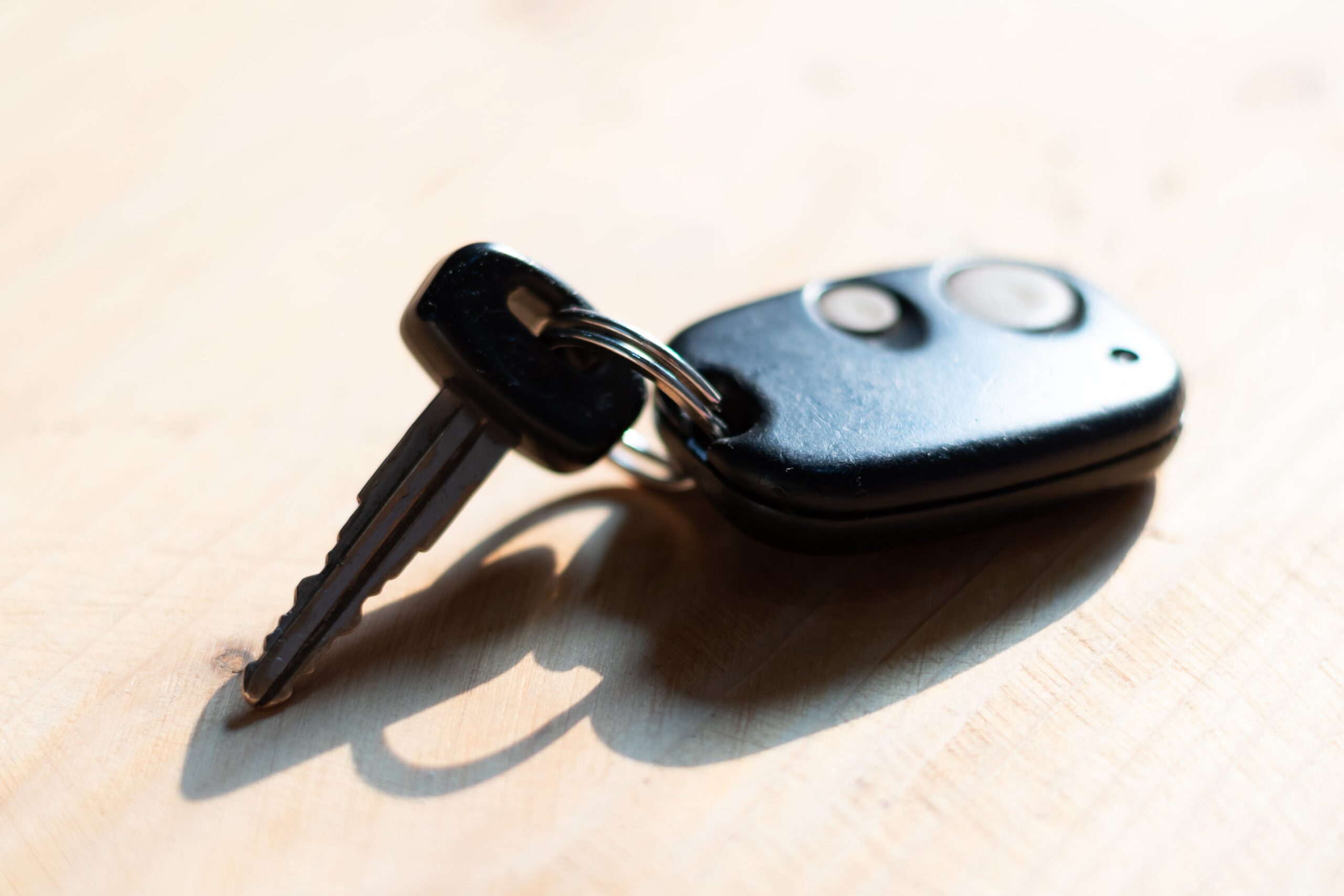Why Replacement Key Fobs Is Right For You

Replacement Key Fobs for Cars: A Comprehensive Guide
In today's automotive landscape, benefit and security have actually become critical. Car producers have increasingly adopted sophisticated key fob systems that enhance vehicle functionality and enhance user experience. However, a malfunctioning or lost key fob can be a substantial hassle for vehicle owners. This post looks into the world of replacement key fobs for cars, laying out the types available, how to get them, and frequently asked questions to help debunk the process.
Comprehending Key Fobs
Key fobs serve many functions, consisting of locking and unlocking the vehicle, beginning the engine remotely, and more just recently, enabling advanced functions such as keyless entry and ignition. These little devices interact wirelessly with the car's onboard systems, simplifying the user experience while also providing a layer of security.
Types of Key Fobs
- Standard Key Fobs: These are basic remote keyless entry systems that allow users to lock and unlock their automobiles from a range. They generally do not come with keyless ignition.
- Smart Key Fobs: These fobs provide innovative functions. In addition to locking and opening, they often consist of proximity noticing, allowing chauffeurs to unlock their cars without physically pressing a button, simply by being within a specific range.
- Keyless Ignition Fobs: These fobs enable keyless engine start and stop performances, improving convenience for chauffeurs by getting rid of the need to place a traditional key.
- Transponder Keys: A development of standard keys, transponder keys consist of chips that communicate with the vehicle's ignition system. Like key fobs, they increase security by making sure that only the initial key can start the engine.
Replacement Options for Key Fobs
When the requirement for a replacement key fob arises, vehicle owners have numerous options. Each has its advantages and disadvantages:
1. Dealership
- Pros:
- Guarantees compatibility and performance.
- Frequently offers programming services to ensure the fob works effortlessly with the vehicle.
- Cons:
- Generally the most expensive option.
- Longer waiting times due to buying procedures.
2. Aftermarket Options
- Pros:
- Typically cheaper than dealer alternatives.
- Wide range of options offered.
- Cons:
- Quality can be inconsistent.
- May need additional programming.
3. DIY Programming Kits
- Pros:
- Cost-effective way to get a key fob.
- Allows for the convenience of self-replacement.
- Cons:
- Requires some technical knowledge.
- Not always suitable with all vehicle makes and designs.
4. Local Locksmiths
- Pros:
- Generally more affordable than car dealerships.
- Typically can provide programming on-site.
- Cons:
- Availability of specific fob types can differ.
- Less experience with more recent keyless systems.
How to Obtain a Replacement Key Fob
When seeking a replacement key fob, vehicle owners should follow these steps:
- Identify the Fob Type: Understanding whether you need a standard, clever, or transponder key fob is crucial. click here for more info can generally be discovered in the vehicle's manual or paperwork.
- Get the Vehicle Identification Number (VIN): The VIN will aid any salesperson or locksmith in discovering the specific match for the key fob.
- Evaluate Options: Assess the aforementioned alternatives based upon budget plan, seriousness, and benefit.
- Program the Key Fob: Depending on the alternative selected, the replacement fob might need shows. This can in some cases be a DIY task, but assistance from an expert might be necessary for more complex systems.
- Test the Key Fob: Once obtained and set, checking the key fob thoroughly makes sure that all functions work properly.
FAQs About Replacement Key Fobs
1. How much does it normally cost to replace a key fob?The cost
can vary extensively based upon the type of fob and where it is obtained. Usually, dealership replacements can run anywhere from ₤ 150 to ₤ 400, while aftermarket options can vary from ₤ 20 to ₤ 100.
2. Can I configure my own key fob?Some key fobs can be programmed by the owner using a procedure detailed in the vehicle's manual. Nevertheless, complex keyless systems may require expert programs. 3. What need to I do if I lose my key fob?Contact your dealership or a regional locksmith instantly. They can help in acquiring a replacement and may provide additional services to ensure vehicle security. 4. Are all key fobs interchangeable?No, key fobs are normally made particularly for specific makes and models, which implies a key fob from another vehicle may not work. 5. How can I avoid key fob loss in the future?Consider investing in keychain trackers, developing a designated spot for your fob in your home, or using a spare key option
while guaranteeing it's securely kept. Replacement key fobs for cars
can be a source of tension for vehicle owners, but comprehending the types offered, the choices for replacement, and the essential treatments can simplify the procedure.
With cautious planning and factor to consider of specific requirements, securing a replacement key fob need not be an overwhelming task. By remaining informed, car owners can keep their vehicles functioning smoothly and securely while delighting in the convenience of contemporary automotive innovation. Comparison Table of Key Fob Replacement Options Replacement Option Pros Cons Dealer -Guaranteed compatibility-Professional programming offered -Expensive-Longer wait times Aftermarket -Usually cheaper-
Wide variety -Variable quality -May require additional programming
| DIY Programming Kits | -Cost-effective-Convenient-Requires technical knowledge-Compatibility issues Regional Locksmiths -Affordable- On-site shows -Stock restrictions- Experience variability By following this |
|---|---|
| guide, car owners can much better navigate the complexities of obtaining a replacement key fob and ensure they are fully equipped | |
to handle the inescapable difficulties that might develop.

|
